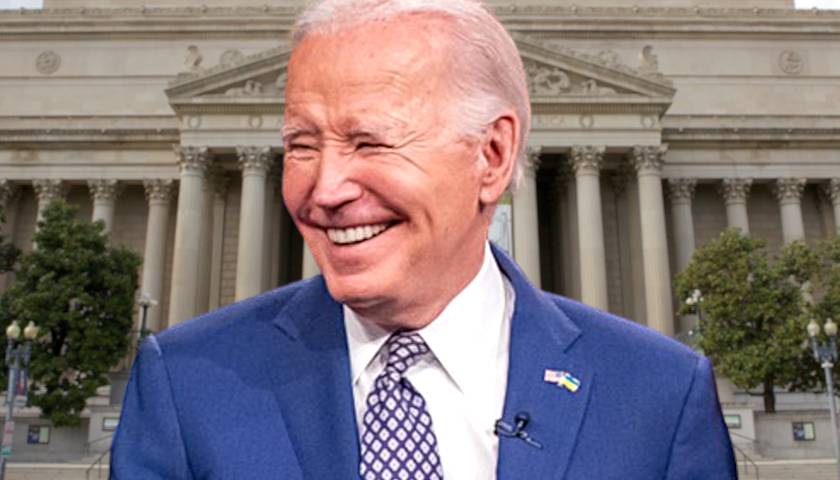Battered by ongoing high inflation, a majority of Wisconsin businesses see a recession ahead, according to Wisconsin Manufacturers & Commerce’s latest Wisconsin Employer Survey.
WMC’s survey finds 60 percent of businesses believe the Badger State economy is headed for a recession this year. On the surface, the number appears to be an improvement from last summer’s survey when 71 percent of respondents worried a recession was looming. But Nick Novak, WMC’s vice president of communications and marketing, said more employers moved from being sure about a recession to uncertain about the economy.
“The word to best describe the national and Wisconsin economy is ‘uncertainty.’ When you run a business, uncertainty is a problem,” Novak said. “That’s leading into a more pessimistic view of what the economic outlook is.”
Wisconsin Manufacturers & Commerce — the combined state chamber and manufacturers’ association — conducted the survey in mid-December on various topics.
The latest questionnaire found 39 percent of surveyed employers rated the Wisconsin economy strong or very strong — a five-point drop from the summer survey and well below the 53 percent who said the economy was strong a year ago. In November, just before the midterm elections, a majority (58%) of Marquette University Law School poll respondents said the state was not on the right track, with just 34 percent believing it was.
Nationally, Wisconsin businesses are even more concerned. Twenty percent in the WMC survey rated the U.S. economy as strong – down from 39 percent last year.
In the last four surveys, the number of businesses projecting the Wisconsin economy to grow has dropped from 84 percent in the summer of 2021 to just 42 percent in the December report. The projection for the national economy is even worse. Only one-quarter of those surveyed anticipate U.S. economic growth over the next six months.
There’s a lot of that economic pessimism going around.
Stocks fell Thursday over widening recession fears and the threat of more interest rate hikes.
The Dow Jones Industrial Average sunk 253 points, or 0.8 percent, a third straight day of declines. The S&P 500 lost 0.8 percent, and the Nasdaq Composite was down 1 percent.
While historically high inflation has eased a bit in recent months, it remained at 6.5 percent in the latest reading — and remained a top worry on the minds of Wisconsin employers. Nearly six in 10 businesses have seen costs increase by double digits in the last year, according to the latest Employer Survey.
“The Wisconsin economy faces a strange dichotomy, however,” said WMC President and CEO Kurt R. Bauer. “There are still not enough Wisconsinites to fill available jobs, even as we are facing an economic downturn.” Bauer added that a stagnating business climate also is inhibiting economic growth.
As in past surveys, 85 percent of Wisconsin businesses are struggling to hire. The workforce shortage has kept unemployment rates low while driving up wages. One-third of businesses plan to increase wages by more than four percent in 2023, and 84 percent plan to increase wages by three percent or more.
Novak said there’s one policy that could make a significant difference for Wisconsin’s economy, employers, and families: tax reform.
“If we can reduce the income tax, move to a flat tax, that could be a catalyst encouraging people to come to our state and stay in our state.”
He said tax reform would ease the workforce shortage while helping the vast majority of businesses that pay individual income taxes through pass-through classification.
Senate Majority Leader Devin LeMahieu (R-Oostburg) and Rep. Rob Brooks (R-Saukville) have introduced a 3.25 percent flat income tax bill. Gov. Tony Evers has said a flat tax proposal could be dead on arrival.
– – –
M.D. Kittle is the National Political Editor for The Star News Network.




